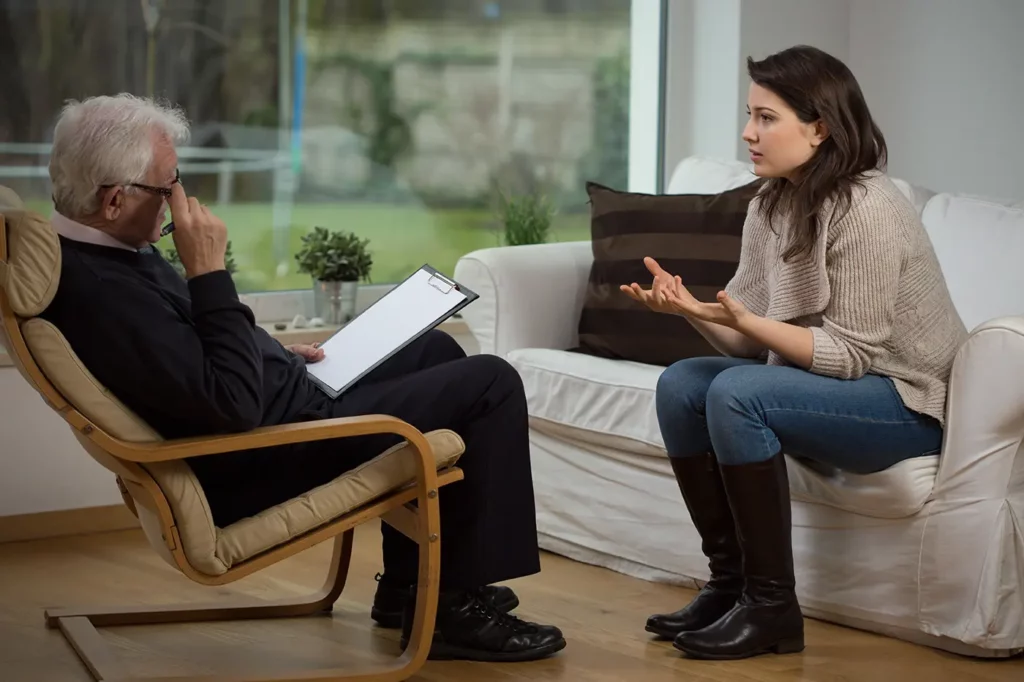24/7 Helpline:
(866) 899-221924/7 Helpline:
(866) 899-2219
Learn more about Medication-assisted Treatment centers in Chattooga County

Other Insurance Options

Health Net

BlueShield

American Behavioral

Private insurance

Meritain

United Health Care

Anthem

Multiplan

Health Choice

Oxford

State Farm

Optima

ComPsych

Excellus

Coventry Health Care

PHCS Network

CareFirst

UMR

Amerigroup

Humana

Dorchester Mental Health Center
Dorchester Mental Health Center is a public rehab located in Summerville, South Carolina. Dorchester...

Palmetto Summerville – Behavioral Health
Palmetto Summerville – Behavioral Health is a private rehab located in Summerville, South Carolina. ...













































Dorchester Alcohol and Drug Commission
Dorchester Alcohol and Drug Commission is located in Summerville, South Carolina. Dorchester Alcohol...

Dorchester Counseling Services
Dorchester Counseling Services is located in Summerville, South Carolina. Dorchester Counseling Serv...


























